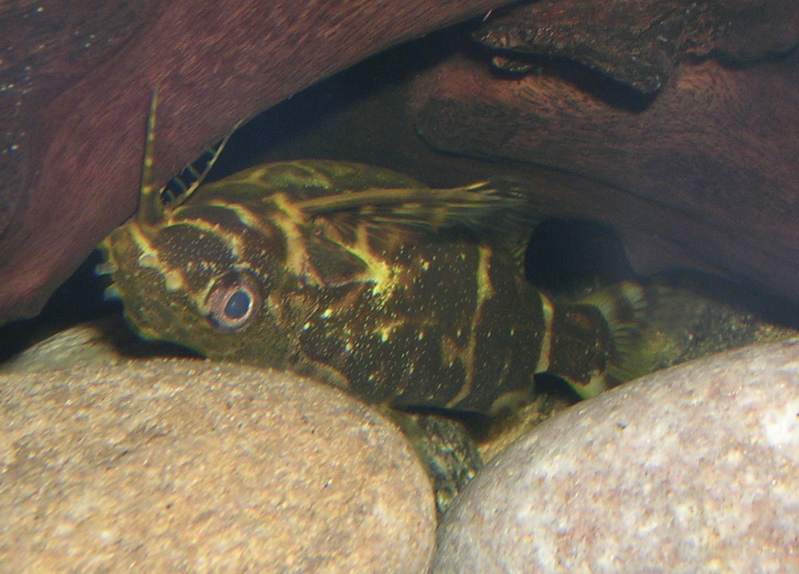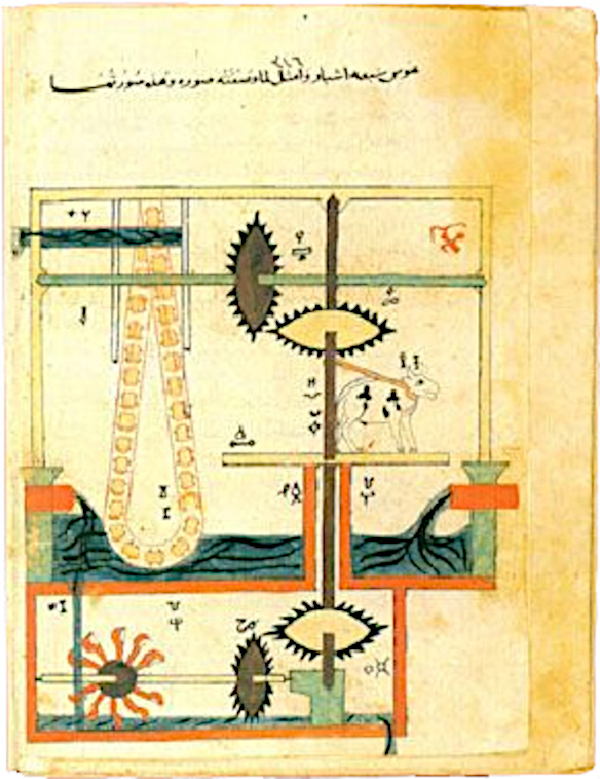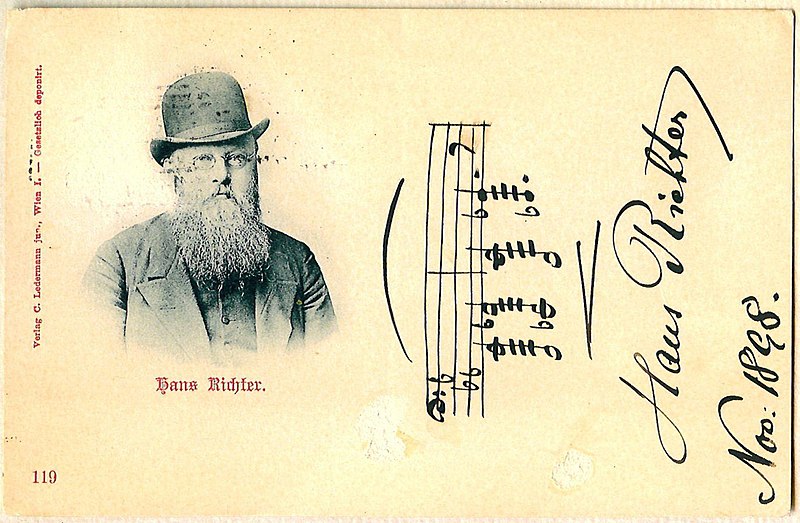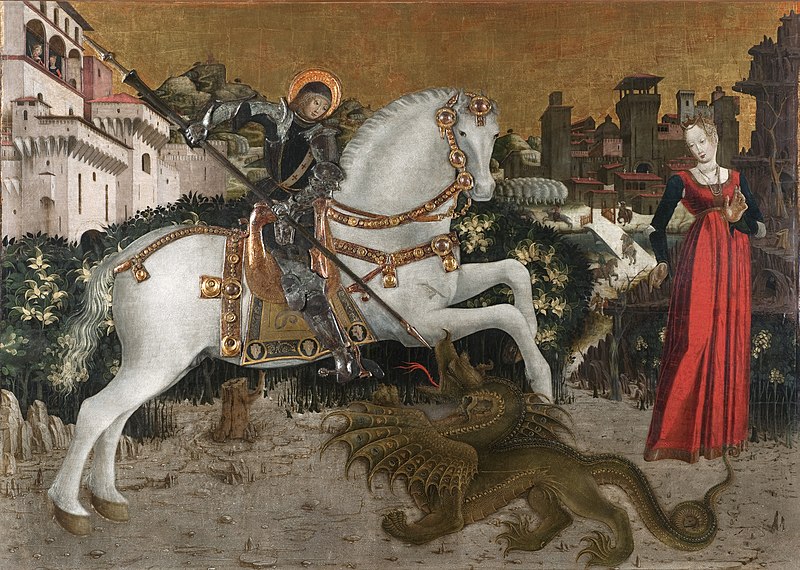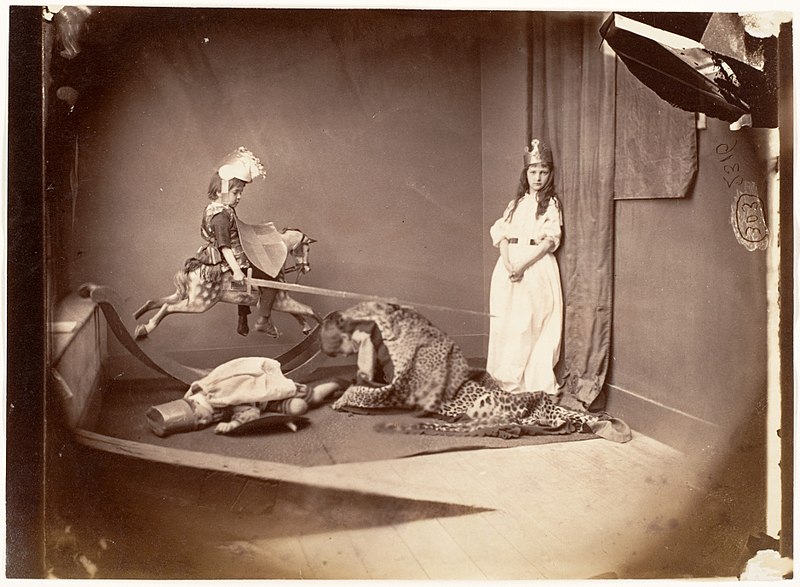In his 1967 book Beyond Language, Dmitri Borgmann points out that every permutation of the three words ONE, MAY, and SAW produces a valid English sentence:
- ONE MAY SAW. (An individual has the privilege of performing the action of sawing some object, such as a wooden log.)
- ONE SAW MAY. (One person saw the girl whose first name is ‘May’.)
- MAY ONE SAW? (Is one permitted to saw wood?)
- MAY SAW ONE. (A girl named ‘May’ saw some object, previously mentioned, that is regarded as belonging to a group of objects of like character.)
- SAW ONE, MAY! (Cut a log of wood in half, May, by sawing through it!)
- SAW MAY ONE! (Saw a log of wood for May, Buster!)
In Word Ways, David Morice notes that BILL, PAT, and SUE can produce 12 valid three-word sentences, distinguished by capitalization and comma placement. Each item in the first group corresponds in meaning to one in the second:
Bill, pat Sue. Pat Sue, Bill.
Bill, sue Pat. Sue Pat, Bill.
Sue, bill Pat. Bill Pat, Sue.
Sue, pat Bill. Pat Bill, Sue.
Pat, bill Sue. Bill Sue, Pat.
Pat, sue Bill. Sue Bill, Pat.
(David Morice, “Kickshaws,” Word Ways 26:2 [May 1993], 105-117.)


